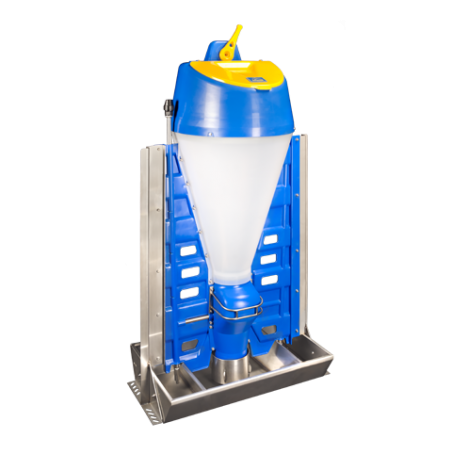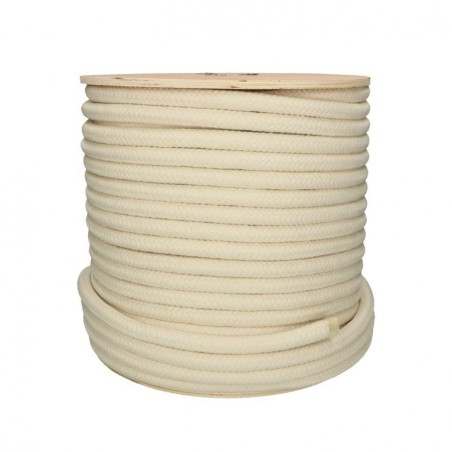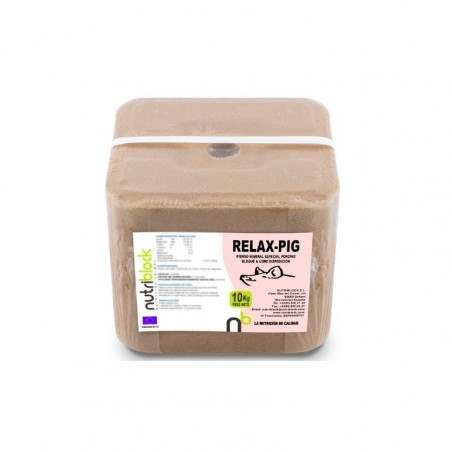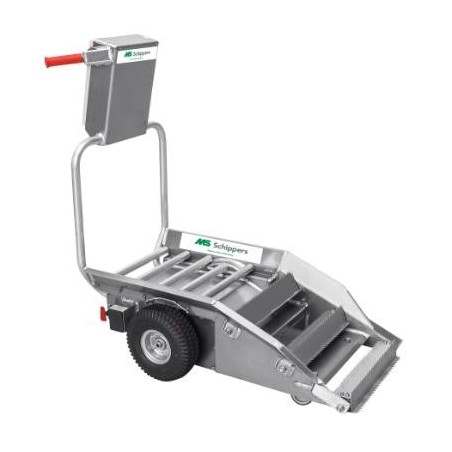The German Federal Ministry of Food and Agriculture (BMEL) has initiated the notification procedure for the planned federal program to promote animal welfare in barns.
As a first step, one billion euros will be available for this purpose via the federal budget for pig farming. The subsidy is initially to be offered in pig farming for sows, nursery piglets, and fattening pigs. To ensure the greatest possible planning security for farms, a subsidy period of ten years is envisaged.

Investment funding:
The subsidy guidelines were revised again on the basis of input from associations and the states in the two hearing procedures and suggestions were taken up. Funding for new barns or conversions (investment funding) is staggered according to the amount invested. Anyone investing up to 500,000 euros is to receive a subsidy of 60% of the total construction sum in the future. For investments above this amount, up to two million euros, 50% of the costs will be subsidized, and 30% for further costs up to five million euros. The subsidy will be granted to those who meet certain requirements. The barn must be designed in an animal- and environmentally-friendly manner, for example, it must offer more space and allow the pigs access to the outdoor climate or run.
Subsidy for ongoing additional costs:
Farmers can be subsidized for each sow or for the nursery piglets or fattening pigs produced in a given year. The subsidy is graduated according to the number of animals kept. For up to 50 sows, 1,500 nursery piglets, and 1,500 fattening pigs, 80% of the current additional costs are subsidized. For animal numbers above this, up to 200 sows, 6,000 nursery piglets, and 6,000 fattening pigs, 70% of the additional costs are subsidized.
It should be noted that this does not mean a limit on the number of animals, but merely an upper limit on subsidies. This means that farms that keep even more animals are also eligible for subsidies. In addition, partial farm conversions are also eligible in order to enable farms to gradually start marketing products produced with higher animal welfare standards.
The amount of the lump sum for running costs is determined by the Thünen Institute (TI) and the Board of Trustees for Technology and Construction in Agriculture (KTBL). The farms must meet certain criteria for this. For example, at least 70% of the animals should have an intact, undocked curly tail. The farms are also to participate in a system for tracking animal health, where they are supervised by veterinarians, for example.
For reasons of practicability, this is to be based on existing initiatives and structures. As a matter of principle, only farms that have an area corresponding to their livestock (max. 2.0 GM/ha) or have corresponding cooperation agreements hould be included in the subsidy. The federal program is to be administered by the Federal Agency for Agriculture and Food (BLE).
May 25, 2023/ BMEL/ Germany. https://www.bmel.de/















